But she came and knelt before him, saying, “Lord, help me.” Jesus answered, “It is not fair to take the children’s food and throw it to the dogs.” She said, “Yes, Lord, yet even the dogs eat the crumbs that fall from their masters’ table.” Matthew 15:25-27 NRSV
I am a dog.
One of my closest soul sisters is my friend’s dog. We connect because I understand myself to be a dog in so many ways, in various connotations of the word. I want to claim both those negative and positive aspects, so that I can be whole, as the Canaanite woman is wholly herself, owning the name that Jesus throws at her, which she fetches right back and drops it at his feet.
As a freshman, “you dog!” was hurled at me across the school library, by boys who felt entitled to degrade me because I didn’t meet their standard of beauty. To be honest, I didn’t—straight-haired brunette. Thick eyebrows. Yes, facial hair. No make-up. No interest in fashion. Very much a Spock-loving, Elvish-speaking, poetry-writing nerd of a girl and mostly proud of it. To do any less than own it, to be the dog, felt fake, untrue. So I was ugly, not fit to date—I owned myself.
As a non-desired young woman, I came to identify, later in high school, with Helena, from my favorite of Shakespeare’s plays, A Midsummer Night’s Dream. This intensified during my marriage to an emotionally-abusive man who constantly cheated on me. Isn’t that the true place of a “saved” woman? Fawning over her knight, whom she loved, content to be owned, to have the crumbs from the other women who he’s rescued. In Act 2, Scene 1, while she’s chasing him, Helena tells Demetrius, the man who could heal her: “What worser place can I beg in your love— / And yet a place of high respect with me— / Than to be usèd as you use your dog?”
I can own that I let myself play well into this role over the last twenty-some years. “I am your spaniel. And, Demetrius, / The more you beat me, I will fawn on you.” Yelps–“like me, like me, like me”–chorus in my background. “Bitch” is the pejorative metaphor I never wanted to hear from anyone’s lips.
Did the Canaanite woman expect to hear that insult from Jesus? To be called a “dog” or a “bitch”? Some commentators describe Jesus as smiling in his reply to the woman who dares to implore him for help (Women’s Bible Commentary, 474). He uses the word as a kindness, sort of like when one of my male co-workers greets me with a friendly “what’s up, dawg?” Meant in a friendly way, I know—one cool person to another. Not quite feeling that vibe in the exchange between our savior and the woman, though. Perhaps a little more tension between them—Jesus is focused on his mission. And that reading of a smiling Jesus makes him sound so patronizing. “Nice doggy, go lie down”—pat, pat, pat.
Yet, all along, there’s been another canine shadow pacing quietly alongside these cynical images. For as long as I can recall, when considering my wandering and wondering nature, especially in matters of faith and theology, I’ve described this journey as God letting me out on a very long lead. While exploring other ways of faith-ing, my fidelity has always been given to Christ, despite hackles bristling at rigid dogma or rabid fundamentalism.
Recently, a new friend gave more shape to this numinous form. He noticed that I didn’t just call myself a dog, but very specifically named myself “hound” without any forethought. A new consideration of myself—after all, I didn’t say any breed considered a toy or a lapdog. Hounds, Jeff observed, are independent and given to tracking by scent or sight their quarry. Leave out of your minds right now the masculine sexual connotations
–I definitely ain’t nothin’ like that hound dog!
Do I imagine myself the noble bloodhound, the elegant saluki, the swift greyhound? Maybe. I can claim certain of their aspects. In all honesty, though, I’m most like my Grandpa John’s basset hound, kindred spirit of my childhood—built low to the ground, chasing rabbits (going down rabbit holes), checking out fascinating scents, and generally going my own way around town. Lovingly indulged.
I’ve done with being the fawning spaniel (with all due respect to my soul sister), waiting to be spurned or beaten, or worse yet, beating myself. The Canaanite woman said “yes, that’s me” to Jesus (great improv!). Her “yes” woke him, reminding him that faith and salvation come in unexpected forms. Her “yes” rouses me, too.
Yes, I am a dog; a hound as faithful and true as the Canaanite woman. And very grateful that God has never once taken God’s hand from the lead.
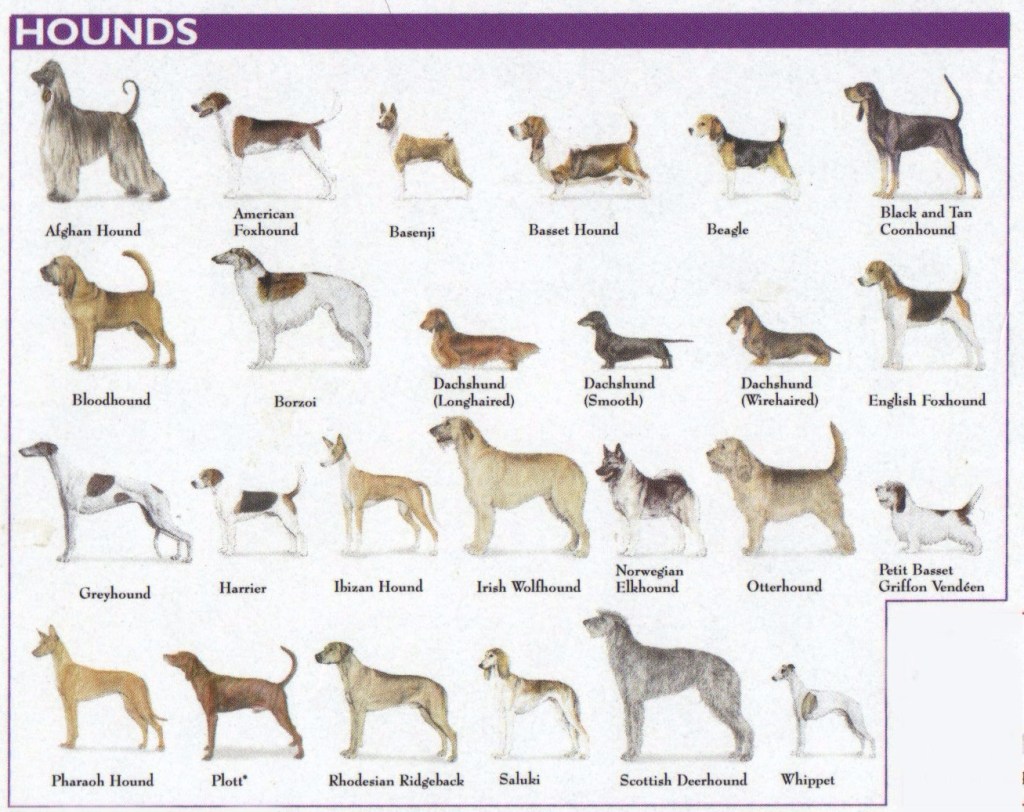
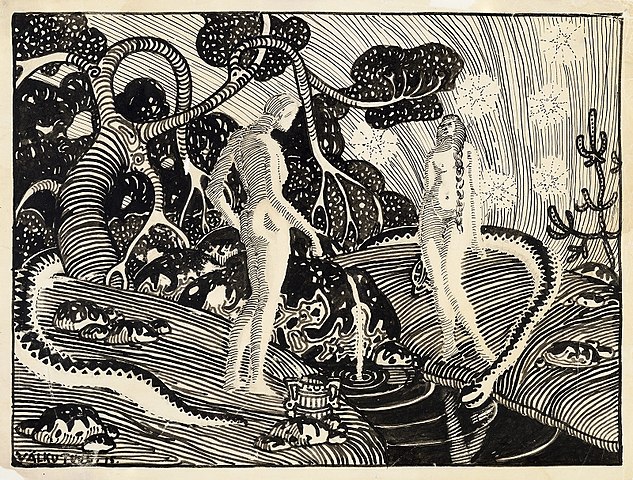

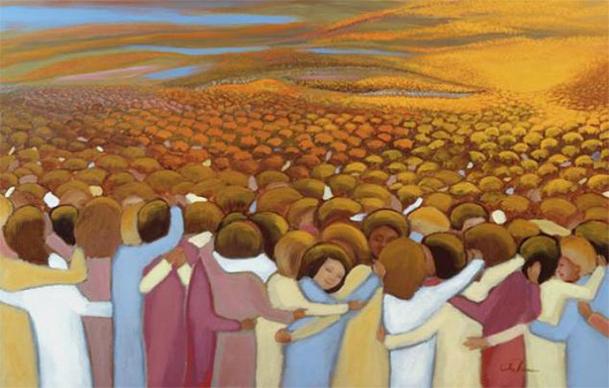

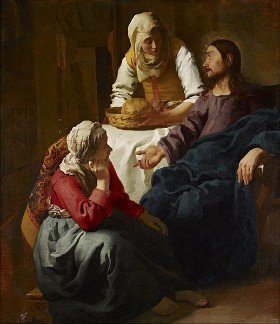
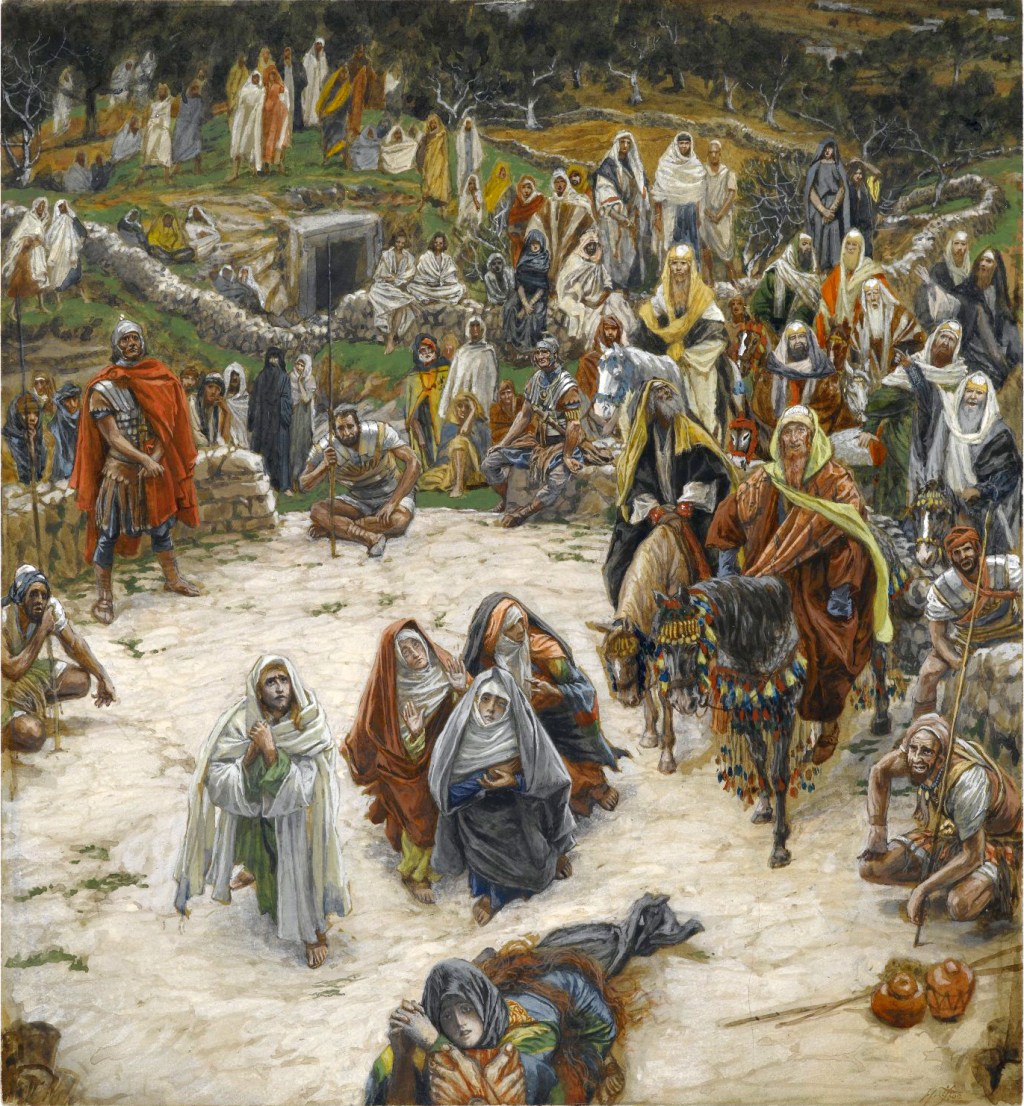


You must be logged in to post a comment.